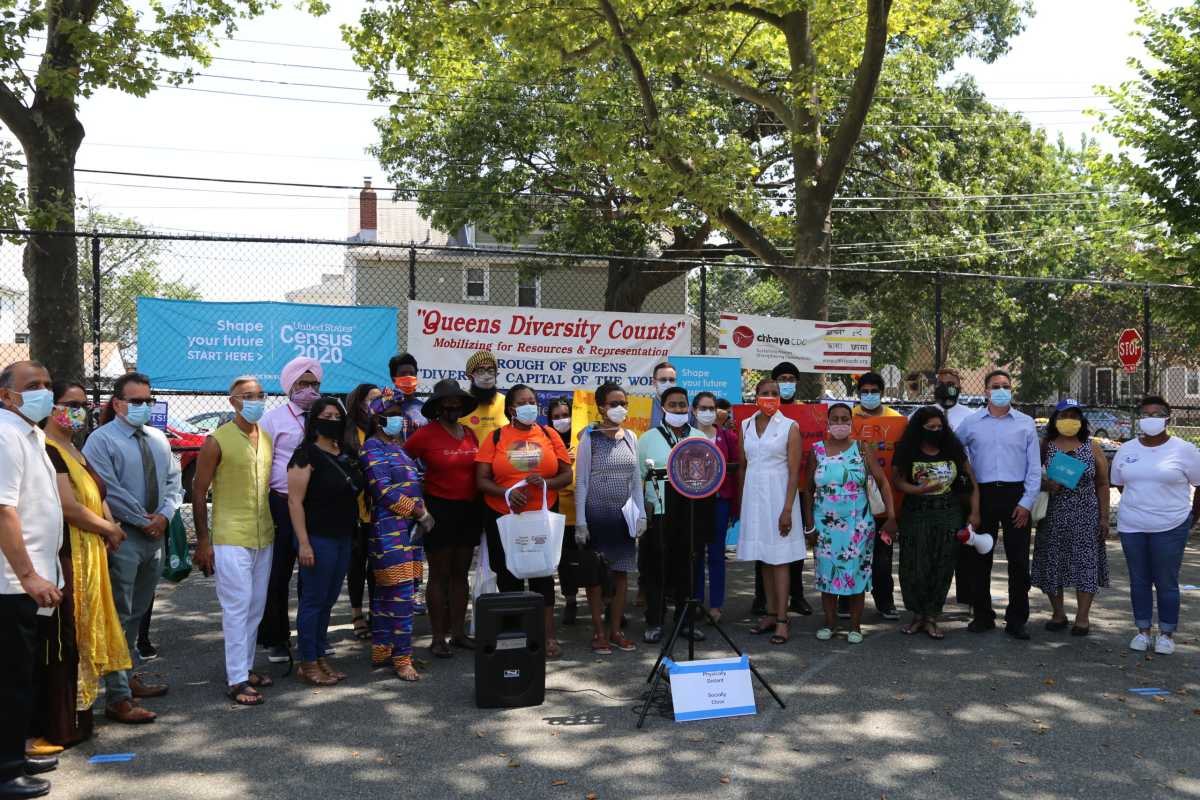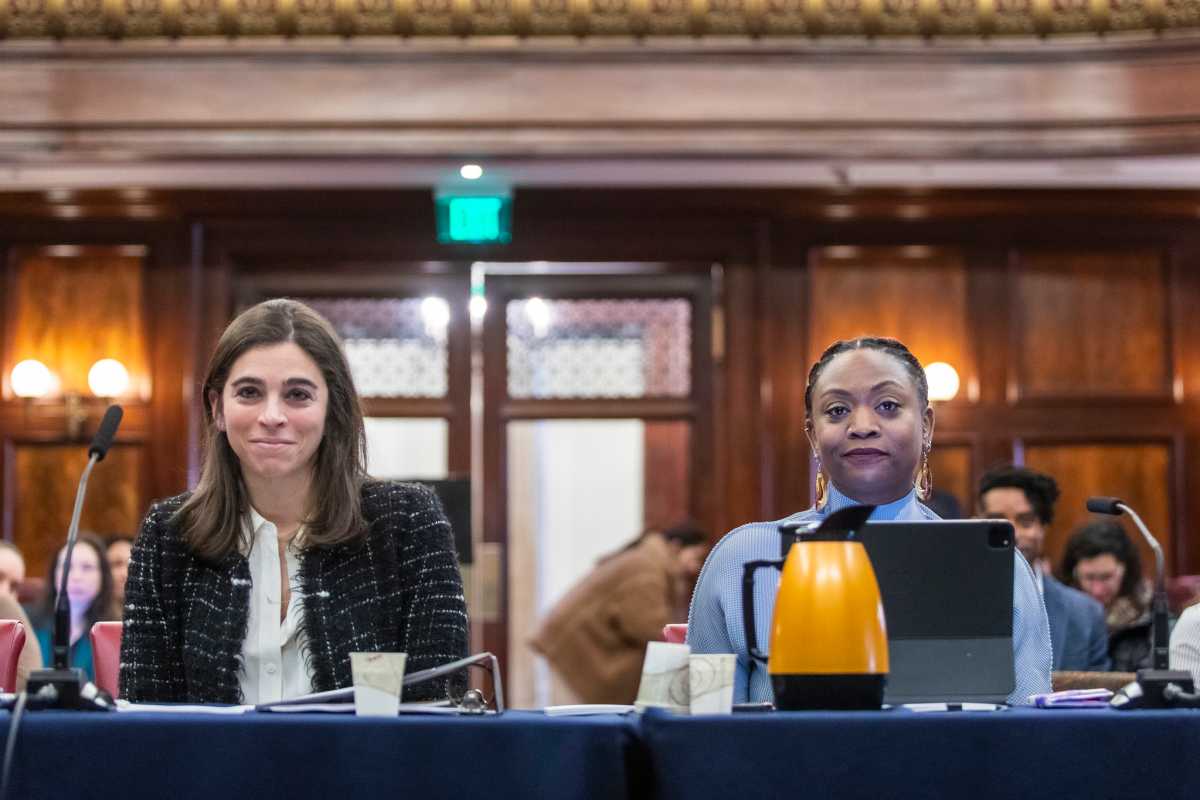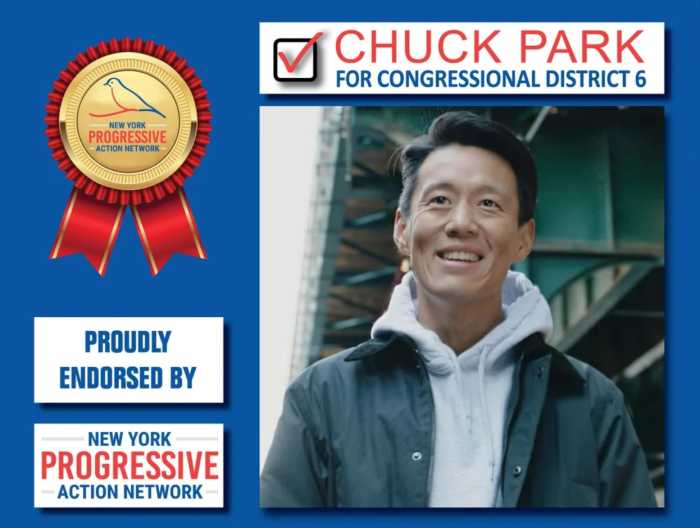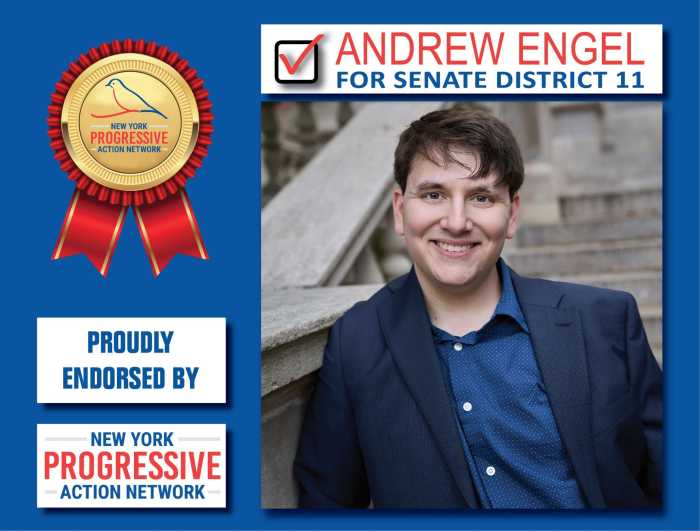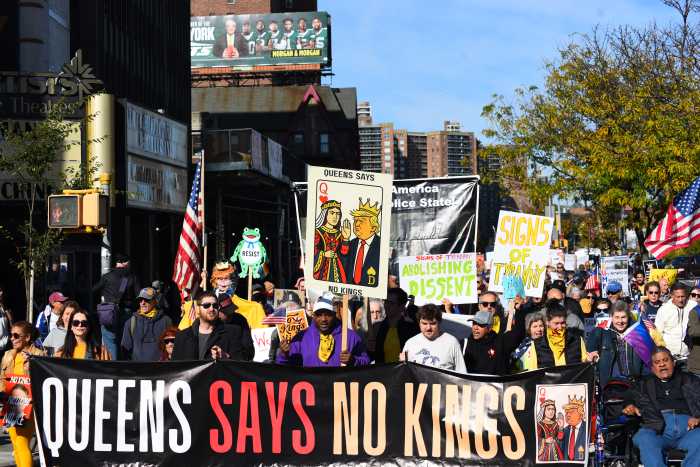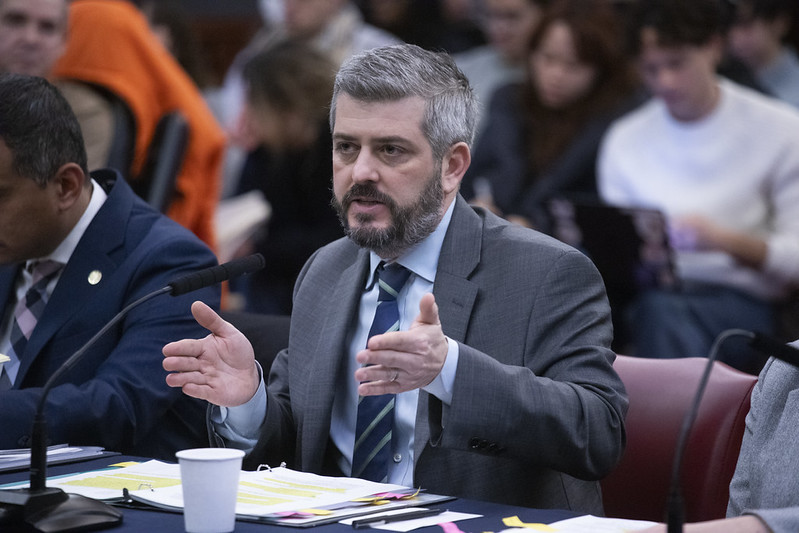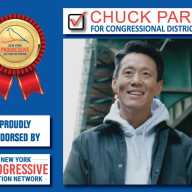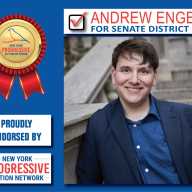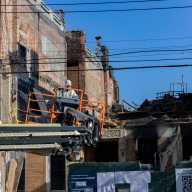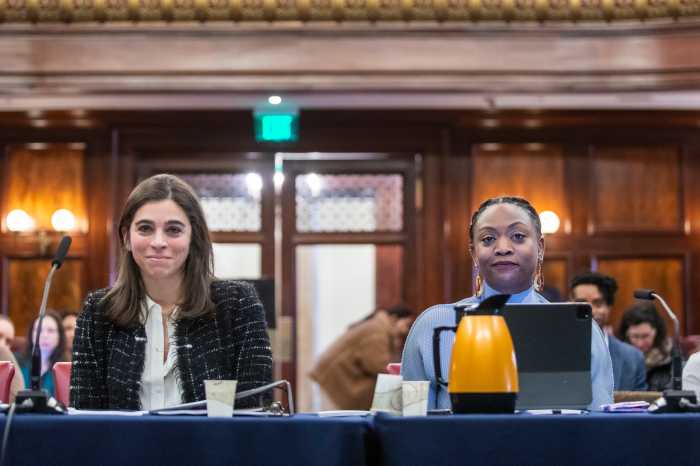Nearly half of all Queens residents have yet to respond to the 2020 Census, particularly those living in neighborhoods that were disproportionately ravaged during the COVID-19 pandemic.
Councilwoman Adrienne Adams joined colleagues in government and community leaders in Phil “Scooter” Rizzuto Park in Richmond Hill, a neighborhood that has a 44 percent response rate, to kick off a collective effort to get a complete counting southeast Queens as well as the broader borough.
“It is important for every man, woman and child who lives in New York City to be counted in the 2020 Census as it will determine our allocation of federal funding for the next 10 years,” Adams said. “Regardless of immigration status, income or if your family just moved here, we need every household to participate in the census. The funding we receive based on census data has a direct impact on the quality of life for everyone who lives here, and I am proud to work with my colleagues in government and local community groups to increase the local census count for the benefit of all residents.”
Census results help determine how billions of dollars in federal funding flow into communities each year and currently the Queens self-response rate sits at 53 percent. The rates are particularly low in minority-dominated neighborhoods, which impacts the entire city, but it is particularly harmful to those neighborhoods.
“Census data is critical for public services like healthcare clinics, emergency response preparedness and education programs,” U.S. Census Bureau Regional Director Jeff T. Behler said. “The 2020 Census is your census — the future of your community depends on your community’s responses. Encourage response now and lead your community to self-respond at 2020census.gov.”
Programs that distribute federal funds based on the census count include funding for public transit systems, programs supporting transition from homelessness, SNAP programs, temporary assistance for needy families, Community Development Block Grant Entitlement Programs, unemployment insurance and disaster recovery grant funding, such as after Hurricane Sandy.
“In this time of economic uncertainty, when budgetary pressures are threatening to undermine the delivery of so many vital programs and services, it has become more important than ever to make sure every Queens resident is counted,” Acting Queens Borough President Sharon Lee said. “More people filling out the census means more money for our borough for schools, jobs, hospitals, senior centers, roads and more. Our office is participating in the Census Bureau’s PUSH WEEK and launching our own 30 DAYS OF CENSUS ACTION to tell Queens residents that filling out the census is safe, quick and easy, as well as critically important for our borough’s future.”
Especially during the post-COVID-19 pandemic economic recovery.
“If there’s anything this pandemic has taught us, it’s the critical need for adequate government resources and their proper distribution,” Chhaya CDC Executive Director Annetta Seechcharran said. “The 2020 Census is the opportunity for us to make sure our communities get the resources we need for healthcare services, housing assistance, education and language access. APA communities, like the South Asian and Indio Caribbean community, continue to see an undercount in our neighborhoods. There is power in numbers and so we must all collectively do our part in filling out the 2020 Census and encouraging our friends, family and neighbors to do the same.”

